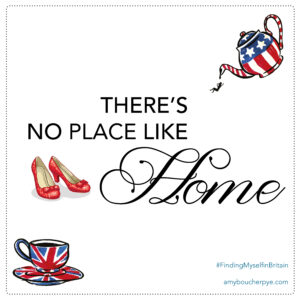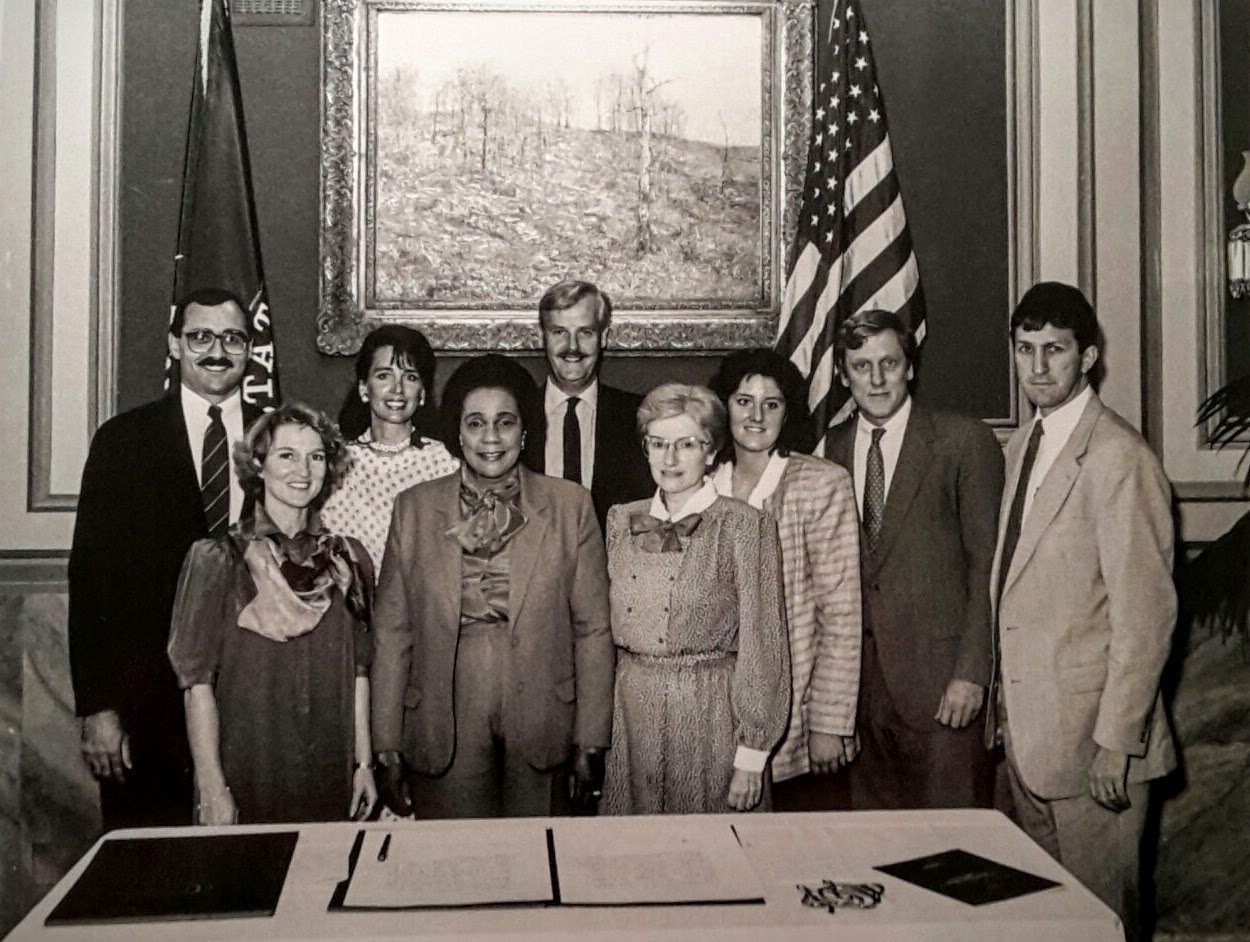“There’s No Place Like Home”
The first guest-blogger in our Friday series, “There’s No Place Like Home,” is a giant of this generation who has profoundly influenced not only my thinking but who I am. In my twenties I had the great privilege of working for the renowned social critic Os Guinness in Washington, DC, on several projects, including the Trinity Forum, an outreach to business leaders.
The nation’s capital was a new home for both of us, respectively, for he and his wife and son had arrived from England a couple of years before I went to DC to study for a semester during university. I interned with him at the Williamsburg Charter Foundation, a bicentennial celebration of the US Constitution, and ended up staying there for ten years! I never would have dreamed those years in DC that eventually I would make my home in his country – but even England wasn’t his first home, as he was born in China, the son of medical missionaries.
He’s kindly granted me permission to post the excerpt below, which addresses our longing for home and comes from his seminal look at America and its crisis of cultural authority at the end of the “American Century,” The American Hour: A Time of Reckoning and the Once and Future Role of Faith (New York: Free Press, 1993). I worked with Os when he wrote the book, and I cut my copyediting teeth on this amazing 450-page analysis of the crisis of moral authority and his vision for the role of religion in public life. Though his book is more than twenty years old, his writing zings with truth and prescience. It’s available online, here for the US and here for the UK.
His chapter on homelessness, “The Hunger for Home,” reveals one of the cancers that slowly destroys the certainties of meaning and belonging in modern life (and is aimed specifically at America, although it translates to other Western countries as well). Through the weeks of this series on longing for home, we’ll examine the ways that people have found their home – and Homemaker. But first, to lay the groundwork for what we’re up against through the problem of homelessness, is Os:
Homelessness results from the gradual eating away of the certainties of meaning and belonging in the lives of countless Americans. Nothing is more naturally human than the drive toward meaning and belonging, and thus toward order. Sense of some kind, stability of some sort—these are the prerequisites for a tolerable human life. Without some underlying order, philosophically as well as socially, the dark demons of absurdity and anomie come menacingly close and threaten to destroy the fragile defenses of individual character and of human civilization itself. Cruel religious theodicies and totalitarian political terror bear witness to the same point: Human beings have such a need to feel at home with themselves and their universe that they even prefer tyranny to chaos, paternal authoritarianism to fratricidal factionalism.
In one sense, homelessness is a defining feature of all humanness east of Eden and is certainly not new in the United States. But a special sense of homelessness has always been present in a nation shaped by immigration, mobility, and westward expansion. One German visitor called it the “strange unrest” of Americans, and H. G. Wells commented on the “headlong hurry” of Americans.[1] George Santayana commented in the 1920s on the “moral emptiness of a settlement where men and women and even houses are moved about, and no one, almost, lives where he was born and believes what he was taught.” Denis Brogan spoke in the 1940s of “American nomadism” as the expression of American civilization. John Steinbeck, in his Travels with Charley, wrote that he saw something in the eyes of his neighbor that he was to find everywhere in the nation—“A burning desire to go, to move, to get underway, any place from here. They spoke quietly of how they wanted to go someday, to move about, free and unanchored, not toward something, but away from something.”[2]
 Such restless mobility, combined with a will to technique, has left Americans with what George Grant described as “a conquering attitude to place.” Even our cities, he said, have become “encampments on the road to economic mastery.”[3] At the more everyday level, IBM was popularly known as “I’ve been moved” and advertisers routinely teed off the pervasive sense of lost home. In the 1980s, Mazda sold automobiles under the doubly contradictory byline: “Who says there’s no place like home? We built the MPV based on a very strong foundation. The home… It’s engineering based on human feelings.”
Such restless mobility, combined with a will to technique, has left Americans with what George Grant described as “a conquering attitude to place.” Even our cities, he said, have become “encampments on the road to economic mastery.”[3] At the more everyday level, IBM was popularly known as “I’ve been moved” and advertisers routinely teed off the pervasive sense of lost home. In the 1980s, Mazda sold automobiles under the doubly contradictory byline: “Who says there’s no place like home? We built the MPV based on a very strong foundation. The home… It’s engineering based on human feelings.”
But while the problem of homelessness is not new in America, the present moment represents a serious exacerbation because the traditional American counterbalances have disintegrated with the crisis of cultural authority. Both faith and the family, the two deepest structures of meaning and belonging an the strongest counterweights to threatened anomie, have been sucked into the whirlpool.
In normal times, the search for meaning and belonging is a hidden process that is natural and unconscious. That such a search has become conscious, deliberate, and a point of open anxiety is itself a symptom of anomie and homelessness. Nothing demonstrates the problem more clearly than the place and profitability of psychologism in America. As Peter Berger wrote in 1967, “If Freud had not existed, he would have had to be invented.”[4] But the predicament also shows up clearly in very different areas. For example, the recurring vogue for nostalgia (literally “homesickness”) in societies losing touch with their past, the potent hunger for “roots” in nations rooted in rootlessness, and the insatiable appetite for myths in cultures parched by reductionism. “Loss of the past,” wrote Simone Weil about France, “is the supreme human tragedy, and we have thrown ours away just like a child picking off the petals of a rose.”[5]
With heaven evacuated, history severed, families strung out if not disintegrating, and faith unreal, homelessness has become an ever-present menace to modern Americans. Can there fail to be consequences? Being deprived of justice and freedom is bad enough for humans, but being disinherited from the certainties and assurances of home may prove even more so.
[1] See Allan Nevins, ed., America Through British Eyes (Oxford: Oxford University Press, 1948), p. 496.
[2] John Steinbeck, Travels with Charley, (New York: Viking Press, 1962), p. 93.
[3] George M. Grant, Technology and Empire (Toronto: House of Anasi, 1969), p. 17.
[4] Peter L. Berger, Facing Up to Modernity (New York: Basic Books, 1977), p. 32.
[5] Simone Weil, The Need for Roots (London: Routledge and Kegan Paul, 1952), p 114.

Leave a Reply